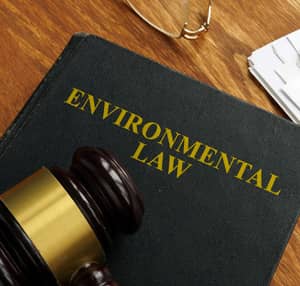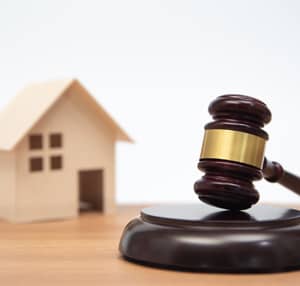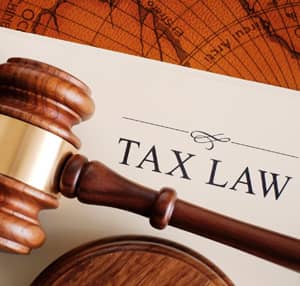LATEST ARTICLES
What Is a Trust Fund? A Comprehensive Guide
April 12, 2024A trust fund is a powerful tool that has stood the test of time. It is an essential instrument in modern wealth manageme...
Arraignment: Meaning, Common Charges, & Process
April 12, 2024Arraignment is a pivotal moment within the criminal justice system, marking the formal initiation of criminal proceeding...
What Is Probable Cause? Definition and Examples
April 9, 2024The Constitution protects you from being searched without a valid reason. But what exactly constitutes a valid reason? A...
What Is Racketeering? Meaning, Examples, RICO & Charges
March 29, 2024We hear the word a lot, but what is racketeering? In dealing with the complex realm of criminal enterprises, racketeerin...





















